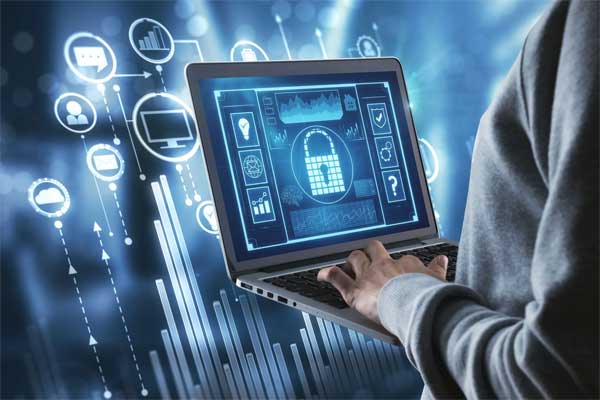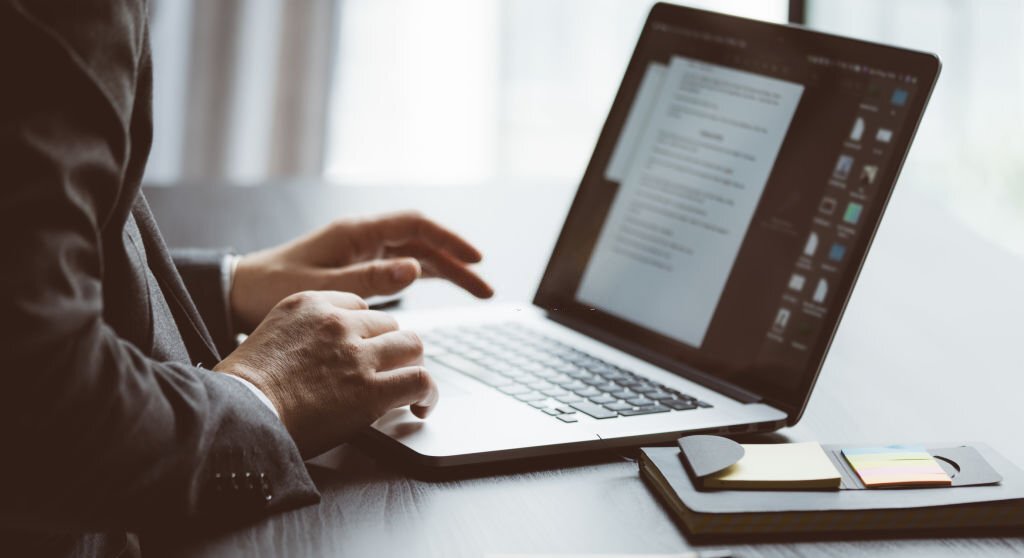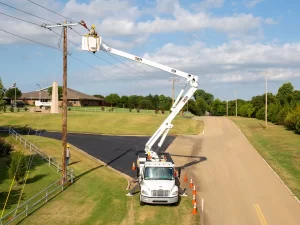The legal field places great importance on protecting sensitive information. Legal professionals must ensure this information remains confidential and secure, whether it’s attorney-client privileged communications, case strategies, or personal client details. Private notes secure legal information by identifying the unique challenges associated with legally sensitive information:
- Attorney-client privilege – Attorney-client privilege is a legal concept that protects communications between lawyers and their clients. It means that any information shared between an attorney and their client in a legal context is confidential and cannot be disclosed without the client’s consent. Private notes must ensure this privileged information remains secure and accessible only to authorized individuals.
- Compliance with legal ethics – When handling client information, Professionals must adhere to strict ethical guidelines. The service provider must maintain confidentiality, avoid conflicts of interest, and ensure client data is not misused. A private note should assist legal professionals in complying with these ethical standards by providing secure and ethical data management solutions.
- Data security – Legal information often contains sensitive personal details like financial records, medical histories, or business secrets. Protecting this data from unauthorized access, theft, or misuse is imperative. Private notes must employ robust security measures to safeguard legal information and prevent data breaches.

- Record-keeping and evidence preservation – Legal professionals must maintain accurate and comprehensive work records, including notes, research, and evidence. These records may be crucial for court proceedings, settlements, or future reference. A private note should offer a reliable way to store and organize legal information, ensuring that records are easily accessible and retrievable when needed. If you require additional details, check https://prlivnote.com/.
Let’s examine how private note-taking tools address the challenges of protecting sensitive legal information:
- Encryption and data security – Private notes employ robust encryption protocols to secure legal information. End-to-end encryption ensures that data is scrambled and rendered unreadable to anyone except the intended recipient. This safeguards sensitive legal details from hackers, unauthorized individuals, or even the private note’s staff. With local data storage, your legal notes remain on your device, reducing the risk of data breaches.
- Anonymous note-taking and sharing – Private notes offer anonymous note-taking and sharing features to protect attorney-client privilege. Legal professionals create and share notes without providing personal or identifying information. This ensures that privileged communications remain confidential and cannot be traced back to the attorney or client.
- Password protection and biometric security – Private notes allow users to set strong passwords or passcodes to access the app, creating an additional layer of security. Some apps also utilize biometric security measures, such as fingerprint or facial recognition, to ensure that only authorized individuals access sensitive legal information. These features help prevent unauthorized access, even if someone gains physical access to the device.
- Self-destructing notes for confidentiality – Private notes offer self-destructing notes for susceptible legal information. This feature allows legal professionals to set a timer for how long a note will remain accessible before it automatically deletes itself. This way, even if a note falls into the wrong hands, the information will be inaccessible after a certain period, maintaining confidentiality.
- Secure collaboration and information sharing – Legal professionals invite colleagues to collaborate on specific notes or projects, ensuring that sensitive legal information is shared only with authorized team members. This controlled access helps maintain confidentiality and reduces the risk of unauthorized disclosure.
Private notes offer a reliable way to manage legal notes, ensuring confidentiality and privacy are always maintained.




